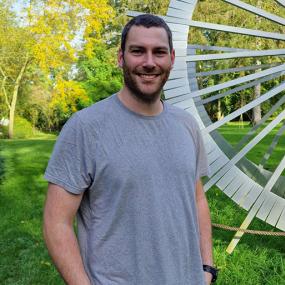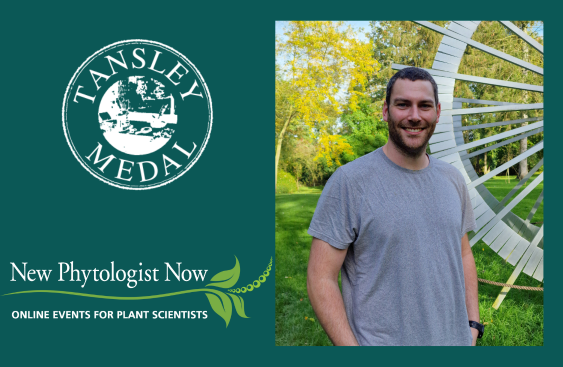Bridging the gap: unravelling plant centromeres in the telomere-to-telomere era
Matthew Naish
University of Warwick
Centromeres are specific regions of the chromosomes that play a pivotal role in the segregation of chromosomes, by facilitating the loading of the kinetochore, which forms the link between the chromosomes to the spindle fibres during cell division. In plants and animals, these regions often form megabase-scale loci of tandemly repeated DNA sequences, which have presented a challenge to genomic studies even in model species. The functional designation of centromeres is determined epigenetically by the incorporation of a centromere-specific variant of histone H3. Recent developments in long-read sequencing technology have allowed the assembly of these regions for the first time and have prompted a reassessment of fidelity of centromere function and the evolutionary dynamics of these regions.
Biography
Matthew Naish is an Assistant Professor in the School of Life Sciences at the University of Warwick, UK, with research interests in plant genetics and epigenetics. His lab studies chromatin, the protein-DNA complex that packages and organises the genome. This work focuses on understanding the regulation of centromeres - specialised chromosomal regions essential for accurate chromosome segregation during cell division.
After completing a Bachelor's in Natural Sciences at University of Cambridge, Matthew earned a Master's in Sustainable Agriculture and Food Security from Lancaster University. He then completed his PhD at the University of Warwick, under the supervision of Prof. José Gutierrez-Marcos, investigating the epigenetic regulation of plant cell regeneration. In 2019, Matthew joined Prof. Ian Henderson’s lab in the Department of Plant Sciences at the University of Cambridge. As a Broodbank Senior Research Fellow, he applied advanced long-read sequencing technologies to study centromere structure and function, including generating the first-ever gapless genome assembly for the model plant Arabidopsis thaliana.
In recognition of his contributions to plant science, he was awarded the 2024 New Phytologist Tansley Medal for Excellence in Plant Science. Beyond research, he also served as a Scientific Fellow (2020-2022) to the World Economic Forum’s Global Futures Council on Nature-based Solutions, contributing to international dialogue on sustainability and the role of natural systems in addressing environmental challenges
https://orcid.org/0000-0002-8977-1295



